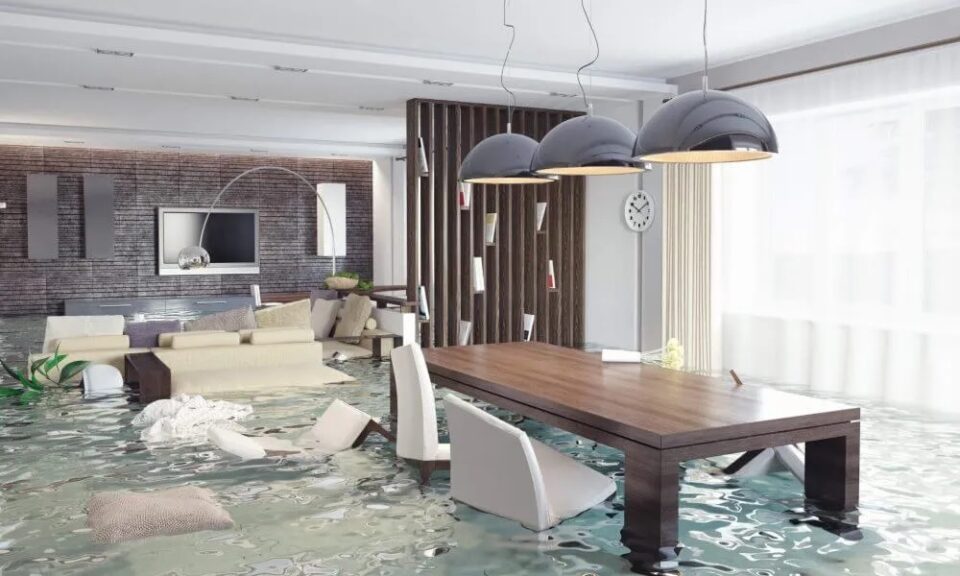Undetected water leaks cause extensive damage to your home if left unchecked. Acting quickly when your plumbing leaks are detected helps prevent mold and rot.
Top signs of a possible leak
Many leaks initially show subtle symptoms versus outright gushing water. Train yourself to notice these clues:
- Higher water bills – Unexpected spikes signal concealed leaks. Compare usage to prior months.
- Musty odors – Mildew smells mean small leaks starting to cause moisture in walls or floors.
- Cracking floors or walls – Separation indicates water undermining foundations.
- Discolored spots on surfaces – Darkened areas are early signs of water intrusion and mold.
- Dripping faucets – Listen for dripping from showers or sinks after shutoff.
- Toilet flushing issues – Leaks around the base cause poor flushing performance.
- Chilling rooms – Plumbing leaks in walls make rooms colder.
Don’t dismiss these minor signs, as small leaks lead to bigger problems if not addressed promptly.
Inspection and leak detection tips
Regularly inspecting your plumber Vaucluse helps spot issues before they worsen. Target these key areas:
Kitchen and Bathrooms
- Check under all sinks for deterioration of pipe wraps, drips, and pooling water.
- Examine areas around and beneath toilets. Look for condensation or staining.
- Inspect the base of showers and tubs. Watch for leaks at joints and seams.
- Verify washing machine hoses are reinforced, not bulging or leaking.
Throughout the House
- Scan walls, floors, and ceilings for any discoloration or sagging.
- Inspect the foundation for cracks that indicate drainage problems.
- Check the water meter when water isn’t being used. Movement signals a leak.
- Consider professional leak detection assistance to pinpoint concealed wall or slab leaks.
Outside Areas
- Inspect hose spigots, pool equipment, and irrigation systems for drips or pooling water.
- Examine exterior walls for staining and foundational shifting.
Prevention tips
Proactive maintenance helps reduce leaks. Follow these tips:
- Inspect plumbing joints and gaskets annually and replace them if deteriorated.
- Check supply lines to appliances/fixtures for bulges, corrosion, and twisting.
- Install tray systems under washing machines to contain overflows.
- Ensure overflow drain holes on tubs and sinks aren’t clogged.
- Update old steel, iron, and lead pipes prone to bursting.
- Maintain stable home water pressure between 30-80 psi.
- Have professionals scope sewer lines every few years for root invasions or cracks.
- Ensure sump pumps are functioning properly to prevent flooding.
- Caulk joints and defects in shower/tub surrounds. Recaulk annually.
- Confirm toilets lack any rocking motion at the floor connection which leads to leaks.
What to do if a leak occurs?
If a major plumbing leak strikes, prompt reaction greatly limits damage:
- Locate main and individual fixture shut-off valves. Turn the water completely off.
- Place containers to catch dripping water and help divert it.
- Remove personal items from the area to prevent damage.
- Call a plumber for emergency service day or night.
- If major flooding occurs call a water mitigation company to start extraction ASAP.
- Document damage thoroughly for potential insurance claims.

